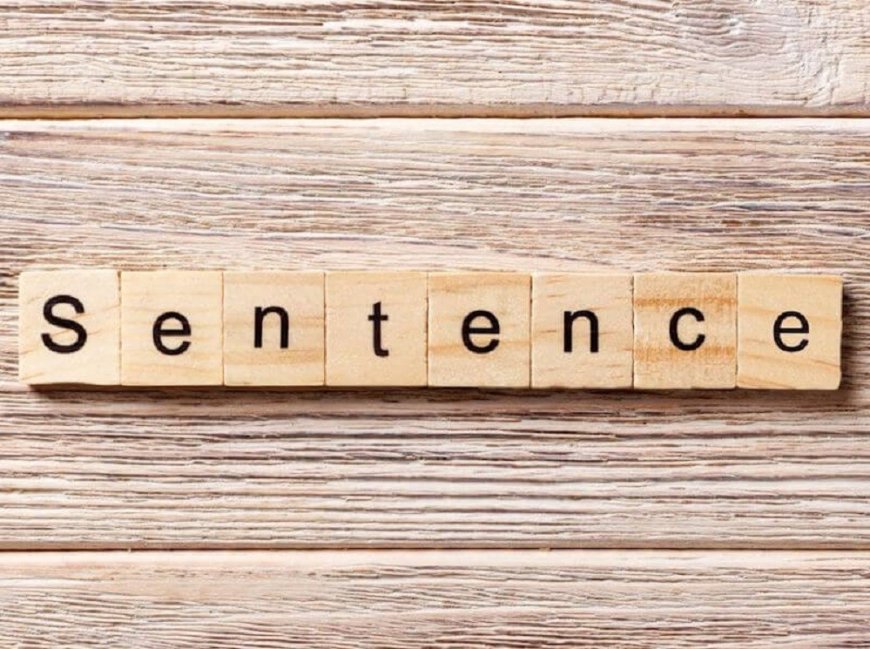Four sentences to avoid in teaching
Especially avoid these sentences in teaching mathematics, although they are harmful in teaching any subject. Four sentences to avoid in

œIt's so simple"; "You are so capable"; "You should try harder"; œYou should know this by now ... Especially avoid these sentences in teaching mathematics, although they are harmful in teaching any subject. Four sentences to avoid in teaching.
The attitude of the teacher has a great influence on the students' interest in mathematics. What has a positive effect is conveying the admiration for math and faith in the student's abilities.
Even with good intentions, the teacher can ruin the work by saying certain points.
"It's so simple"
The teacher knows his subject, knows how to solve each task and utters this sentence in the wrong interest of the students. He thinks it will encourage students, and the effect is quite the opposite. For students who are just getting to grips with the topic, it is far from easy. They start to think they don't have the math skills.
By calling it "easy," we disregard the experiences of students who find it difficult and discourage them from asking questions. The student begins to fear that he will make a mistake in this "simple" one. Yet mistakes are essential to the learning process.
"You are so capable"
Students need appreciation, but the above sentence is not appreciation, but empty praise. We value concrete, not intelligence or wisdom.
Must Read: Why are we learning this?
When students hear such praise of one of the students, they begin to think that they themselves are not gifted and intelligent because they did not receive such praise from the teacher. This discourages them from making the effort.
The recipient of this "prize" is also not well, because it obliges him to be able forever, and what will happen the next time he does not turn out to be able?
Instead of praising students for their abilities and intelligence, it's better to appreciate them for their work, attention to detail, ability to work with others, use of mathematical language, courage in taking on challenges and risks, etc.
"You should try harder"
This is an extremely daunting command. The student usually tries as best he can. This sentence does not help him. Instead, it's better to ask, "What kind of help do you need?"
"You should know that already"
The problem with every teacher is that some students have gaps in knowledge. Focusing on supplementing them disrupts the learning of those students who do not have gaps. In order not to have this problem, we say this sentence to oblige students to fill in the gaps on their own. Students feel guilty and this discourages them from learning. Usually, they also cannot overcome difficulties on their own.
The way we talk to our students has a huge impact, and slight changes in what we say can make it a positive impact.
